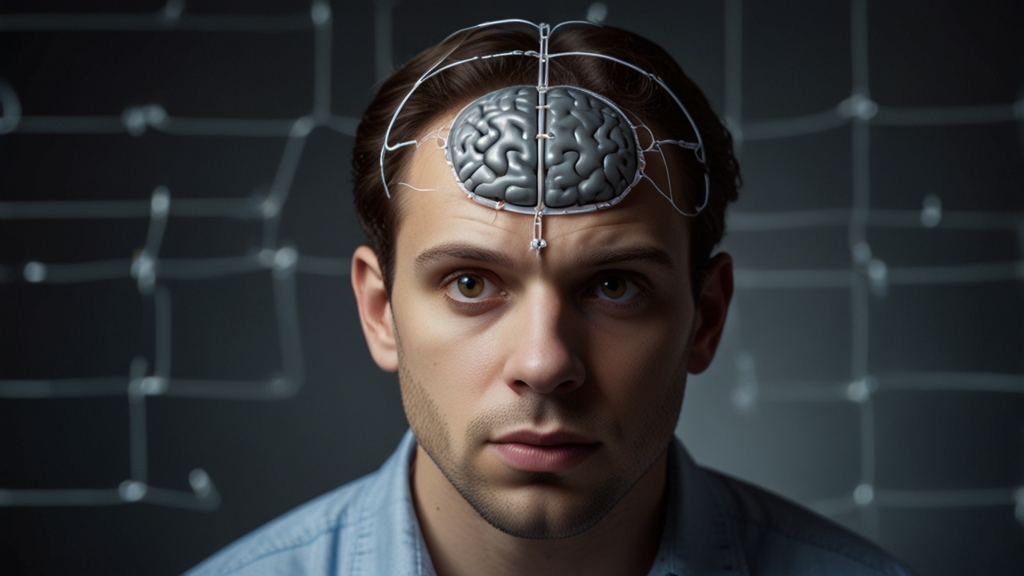Beyond Right and Wrong: The Ethics of Modern Society
In an era characterized by rapid technological advancements, shifting cultural norms, and unprecedented interconnectedness, the ethical landscape of modern society is more complex than ever. Traditional notions of right and wrong are constantly being questioned and redefined. As we navigate this intricate web of moral dilemmas, it becomes crucial to examine the evolving principles that guide our actions and decisions.
The Relativity of Ethics
The concept of ethical relativism posits that moral principles are not universal and can vary significantly across different cultures and societies. This idea challenges the existence of absolute rights and wrongs, suggesting that what is considered ethical in one context may be deemed unethical in another. While this perspective fosters tolerance and understanding of diverse worldviews, it also raises questions about the possibility of reaching a global consensus on critical issues such as human rights, environmental conservation, and social justice.
"The only obligation which I have a right to assume is to do at any time what I think right." – Henry David Thoreau
Thoreau's assertion highlights the importance of individual moral judgment. However, in a globally interconnected world, the actions we take based on personal ethics can have far-reaching implications. This tension between individual freedom and collective responsibility is a hallmark of the ethical challenges we face today.
Technology and Ethical Dilemmas
Technological innovations have introduced new ethical quandaries that did not exist a few decades ago. From artificial intelligence to genetic engineering, the pace of technological progress forces society to grapple with questions that lack historical precedence.
For instance, AI systems can outperform human capabilities in many areas, but their application raises concerns about privacy, employment, and bias. Should AI be allowed to make decisions that affect human lives? How do we ensure that these systems are transparent and fair? Similar ethical questions arise in the field of genetics, where editing human DNA presents both incredible opportunities and profound ethical concerns.
The Role of Institutions
Institutions play a critical role in shaping and enforcing ethical standards. Governments, educational institutions, and corporations are all pivotal in delineating the moral contours of society. However, the effectiveness of these institutions in upholding ethical norms often comes into question.
"Ethics is knowing the difference between what you have a right to do and what is right to do." – Potter Stewart
Stewart's distinction underscores the inadequacy of legal frameworks alone in addressing ethical issues. Laws may grant certain rights, but ethical considerations often extend beyond legal boundaries. This discrepancy is evident in corporate behavior, where legal loopholes are sometimes exploited at the expense of ethical conduct. The role of regulatory bodies and watchdog organizations in monitoring and guiding ethical behavior within institutions becomes paramount.
Ethics in a Global Context
Globalization has made the interdependence of nations more pronounced, necessitating a collective ethical framework that transcends national boundaries. Issues such as climate change, global pandemics, and economic inequality require a unified ethical approach that considers the well-being of humanity as a whole.
The adoption of international agreements and declarations, such as the Paris Agreement on climate change, exemplifies efforts to establish shared ethical standards. However, the challenge lies in balancing national interests with global responsibilities. Achieving this balance requires a concerted effort from international bodies, national governments, and civil society.
Personal Responsibility and Ethical Leadership
Ultimately, the ethics of modern society are shaped by the actions of individuals. Ethical leadership at all levels—from community leaders to global policymakers—is essential for fostering a culture of integrity and accountability. Encouraging ethical behavior requires not only clear guidelines and regulations but also the cultivation of empathy and moral courage.
In conclusion, navigating the ethics of modern society involves understanding the fluid and often ambiguous nature of moral principles. As we move beyond simplistic dichotomies of right and wrong, we must embrace a nuanced approach that considers the diverse perspectives, technological advancements, and global interconnectedness that define our world today. By fostering a culture of ethical reflection and dialogue, we can aspire to create a more just and compassionate society.









